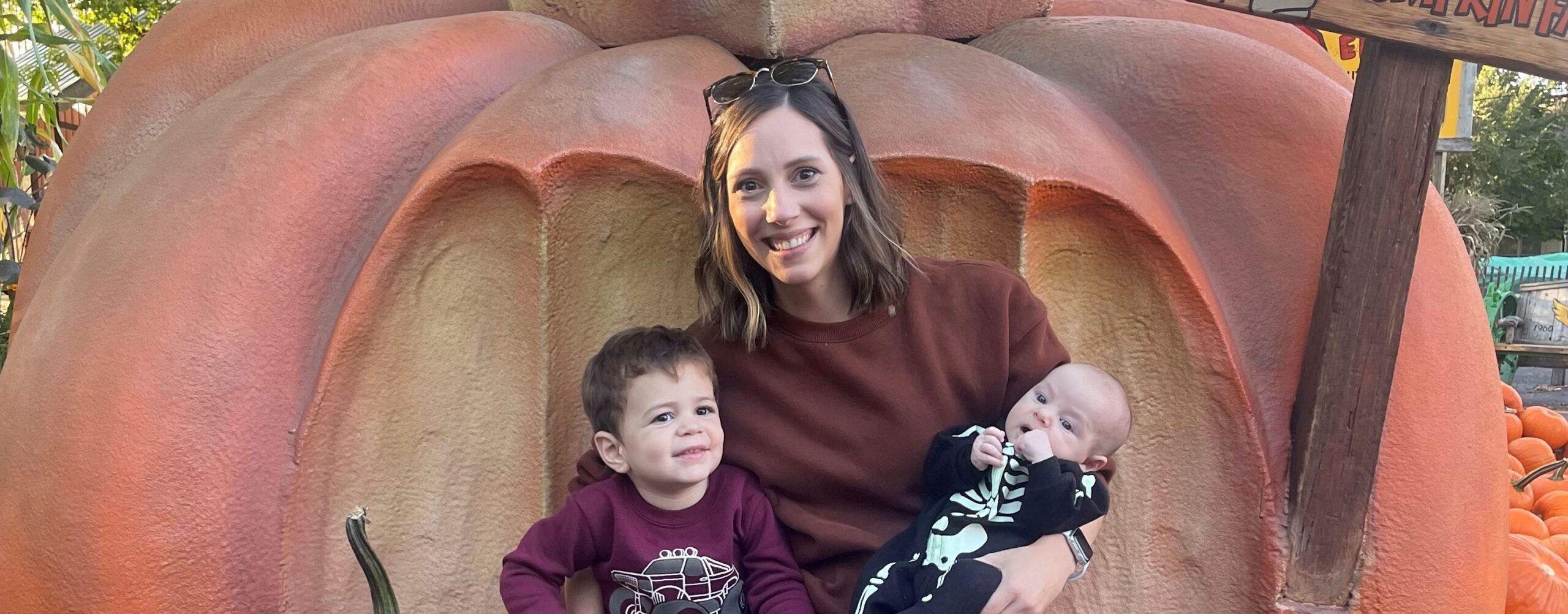How Diet Affects Mental Health
Watching what you eat can be a great supplement to medication or traditional talk therapy and can be a great approach to self-care. There is an overwhelming amount of evidence that supports the benefits of a healthy diet on a person’s mental health. Researchers continue to study the benefits of a healthy diet in a field of medicine, specifically called Nutritional Psychiatry. (Tello, 2019)
We are all aware of the many physical benefits of nutrition, but what we eat matters for all aspects of our well-being, including our mental health. A study on dietary patterns and depression risk highlights the following:
“A dietary pattern characterized by a high intake of fruit, vegetables, whole grain, fish, olive oil, low-fat dairy and antioxidants and low intakes of animal foods was apparently associated with a decreased risk of depression. A dietary pattern characterized by high consumption of red and/or processed meat, refined grains, sweets, high-fat dairy products, butter, potatoes and high-fat gravy, and low intakes of fruits and vegetables is associated with an increased risk of depression.”
Put simply, the Western diet has unfortunately shown to be associated with an increased risk of depression. We do not have all the biological answers behind anxiety and depression, so there is no clear reason why changing your diet can change your mood.
Nutrition That Benefits Your Mental Health
While there are several health diet options that can be used as a guide to lowering your risk of anxiety and depression, the most common and most researched by Harvard Medical School is the Mediterranean Diet. (Schultz, 2020)
A study by BMC Medicine in 2017 researched 166 people who were clinically depressed and found that after 3 months of eating a modified Mediterranean diet, the participants’ symptoms significantly improved. Furthermore, a 2011 study by the National Center for Biotechnology Information found that medical students reduced their anxiety intake by 20% when they increased their omega-3 fatty acid intake.
To reap these mental health benefits, you want to focus on eating plants, whole grains, seeds and nuts and fish (in moderation). I recommend slowly changing your diet instead of going “cold turkey” to make your transition easier and to increase the likeliness that you stick to your new diet.
Foods to Avoid
There may be a long list of foods that benefit your mental health, but on the reverse side, there are also foods that can make it worse. Sugar can cause issues with emotional regulation and can diminish mental capacity (Fuhrman, 2020). Refined grains can rapidly change your blood sugar levels, which can cause low mood and fatigue (Clarke, 2020). These can be white rice, crackers, bread, etc. Alcohol is one of the more obvious mood busters. Since alcohol is a depressant, which could make your low mood even worse. There can also be high levels of sugar in alcoholic drinks, which we already know is not on the beneficial foods list. Caffeine is also something to avoid when dealing with depression. You may get that “caffeine high” when you first drink your favorite cup of coffee, but with that high comes a crash. You may feel a major lack of energy, motivation, and low mood.
Bottom Line
It is interesting to learn more about how the foods we eat can not only affect us physically but mentally as well. Take steps to create a goal, and one day at a time, work towards that goal to have the version of yourself that you would be happy with. Just like mental health treatment in terms of talk therapy, there is not a “one-size-fits-all” regime for everyone. Find what works for you!
References
Diet and depression: Foods to eat and avoid. (n.d.). Retrieved September 09, 2020, from https://www.medicalnewstoday.com/articles/318428
Godman, H. (2020, June 09). Adopt a Mediterranean diet now for better health later. Retrieved September 09, 2020, from https://www.health.harvard.edu/blog/adopt-a-mediterranean-diet-now-for-better-health-later-201311066846
Jodi Clarke, M. (2020, May 11). Which Foods Can Help Fight Depression? Retrieved September 09, 2020, from https://www.verywellmind.com/foods-for-depression-4156403
Joel Fuhrman, M. (2020). Understanding What Sugar Really Does to Your Brain. Retrieved September 09, 2020, from https://www.verywellmind.com/how-sugar-affects-the-brain-4065218
JS. Lai, S., A. O’Neil, S., FN. Jacka, A., J. Sarris, A., F. Jacka, J., FN. Jacka, A., . . . GS. Malhi, D. (1970, January 01). A randomised controlled trial of dietary improvement for adults with major depression (the ‘SMILES’ trial). Retrieved September 09, 2020, from https://bmcmedicine.biomedcentral.com/articles/10.1186/s12916-017-0791-y
Li, Y., Lv, M., Wei, Y., Sun, L., Zhang, J., Zhang, H., & Li, B. (2017, April 11). Dietary patterns and depression risk: A meta-analysis. Retrieved September 09, 2020, from https://www.sciencedirect.com/science/article/abs/pii/S0165178117301981
Monique Tello, M. (2020, January 30). Diet and depression. Retrieved September 09, 2020, from https://www.health.harvard.edu/blog/diet-and-depression-2018022213309
Sass, C., & Sass, C. (2020, July 31). Foods to Eat to Improve Your Mental Health, Plus What to Avoid. Retrieved September 09, 2020, from https://www.health.com/nutrition/nutritional-psychiatry
Schultz, R. (2020, August 19). Here’s What These Women Ate to Treat Their Anxiety and Depression. Retrieved September 09, 2020, from https://www.healthline.com/health/best-diets-for-mental-health
Photo by Brooke Lark on Unsplash



